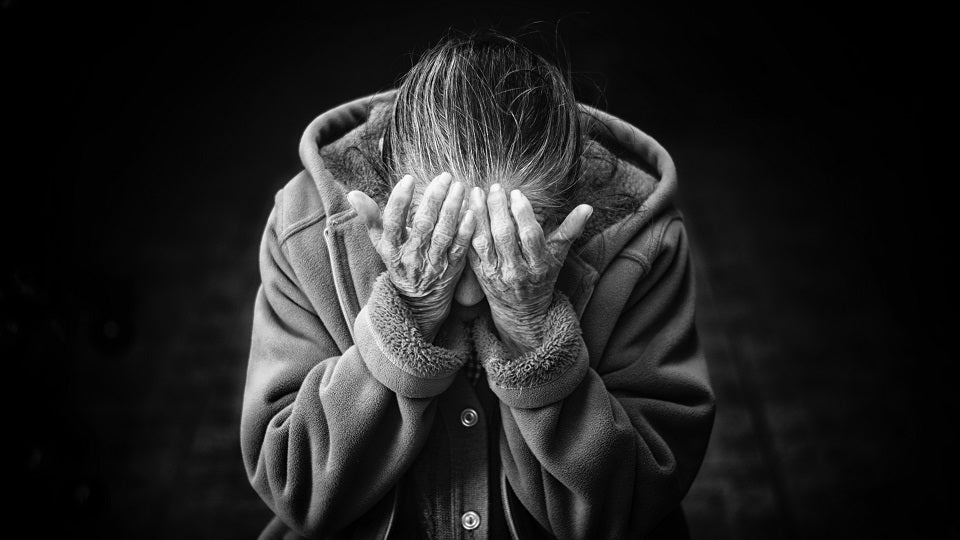Do not neglect elderly depression
Published: 23 Apr 2018

Every one in five elderly persons in Singapore aged 75 and above show signs of depression, according to the Singapore Longitudinal Ageing Study (SLAS) done by NUS Medicine in 2012.
Elderly depression is related to health issues such as limited mobility, senile dementia, loneliness and financial anxiety. Notably, when depressed elderly exhibit symptoms of unrelenting low mood, anxiety and psychic pain, loss of interest or sleep problems, these may be warning signs of suicide.
“We have sufficient data to show that depression could also lead to heart disease and other physical problems, even stroke,” according to Dr Chris Tsoi, a consultant psychiatrist from the Department of Psychological Medicine at NUS Medicine.
It is common for depressive features to be present among elderly with dementia, said Dr Tsoi. “The other way round is also true,” he added.
The SLAS in 2004 also found that widowed or divorced people above the age of 65 (22 per cent) were more likely to experience depression than widowed or divorced people between the ages of 55 and 65 (13 per cent). Seniors living alone were also twice as likely as their peers to develop depressive symptoms, which is a worrying sign as their numbers continue to rise. By 2030, the Department of Statistics estimates that 83,000 seniors will live alone, compared with the 47,000 seniors aged 65 and above in 2016.
Dr Tsoi observes an annual increase of about five percent in the number of cases involving depressed elderly, but believes this is still an underestimation as depression remains a taboo subject in Singapore.
Currently, only 12 per cent of seniors with depressive symptoms sought professional help, while 75 percent did not see themselves as having a mental disorder, based on the Community-based Early Psychiatric Intervention Strategy done by NUS Medicine in 2008. This prompted National University Hospital (NUH) to launch the Geriatric Psychiatry Out-Reach Assessment, Consultaiton and Enablement (G-Race) programme, which provides home visit services for elderly patients with mobility patients. Occupational therapists would check on these elderly patients and monitor their mood, cognition and functional abilities, and engaging them in activities such as flipping through picture cards.
More importantly, Dr Tsoi added that depression in old age is not inevitable, because it ultimately boils down to how a person perceives things, and how his experiences can help him. Besides professional intervention, he recommends elderly patients to “engage with friends, go out more and talk to people more.”
News Coverage

